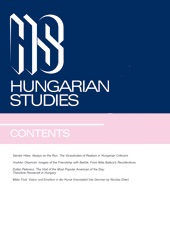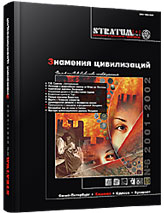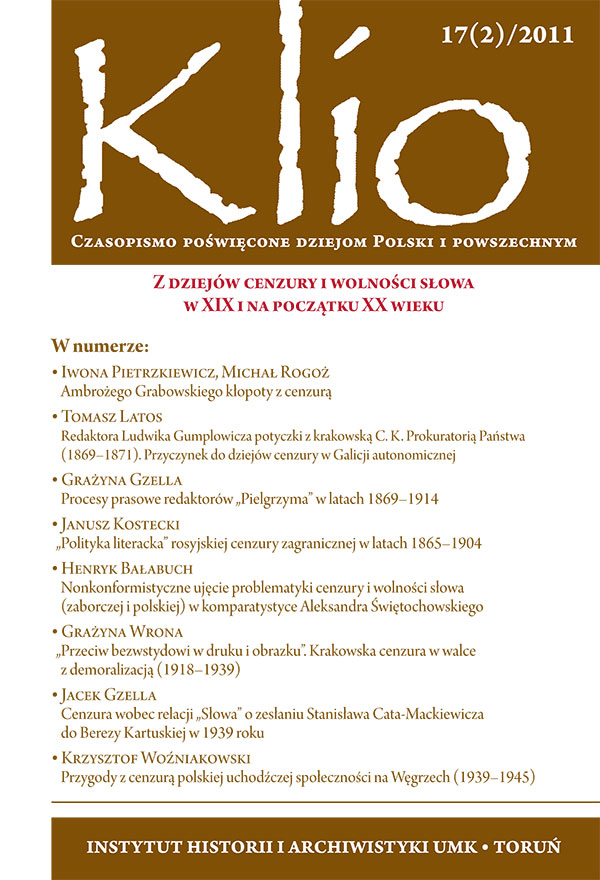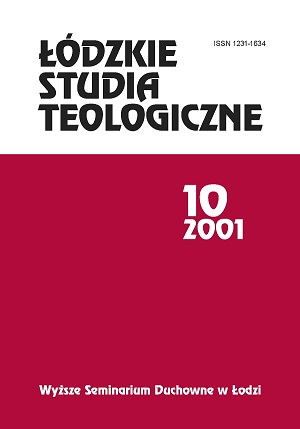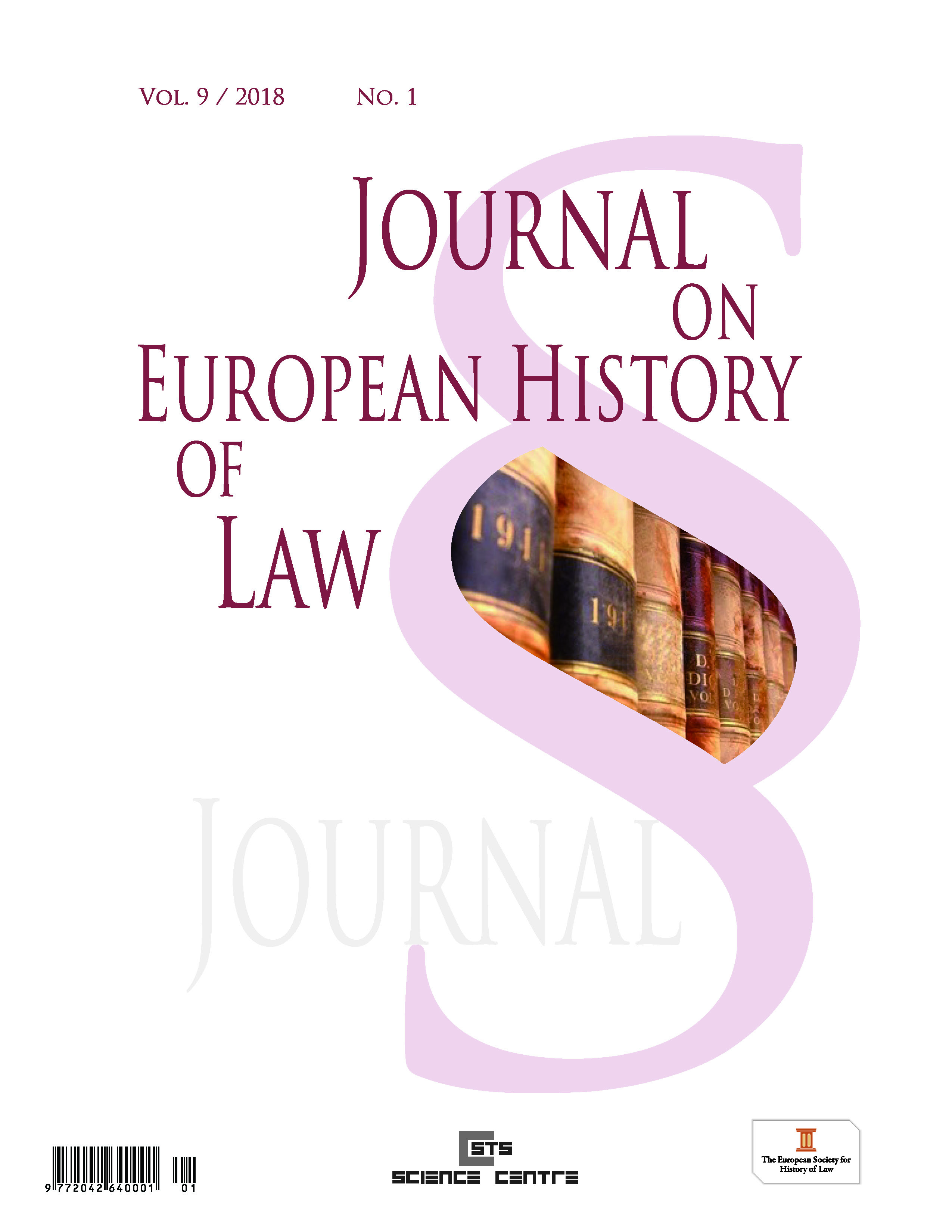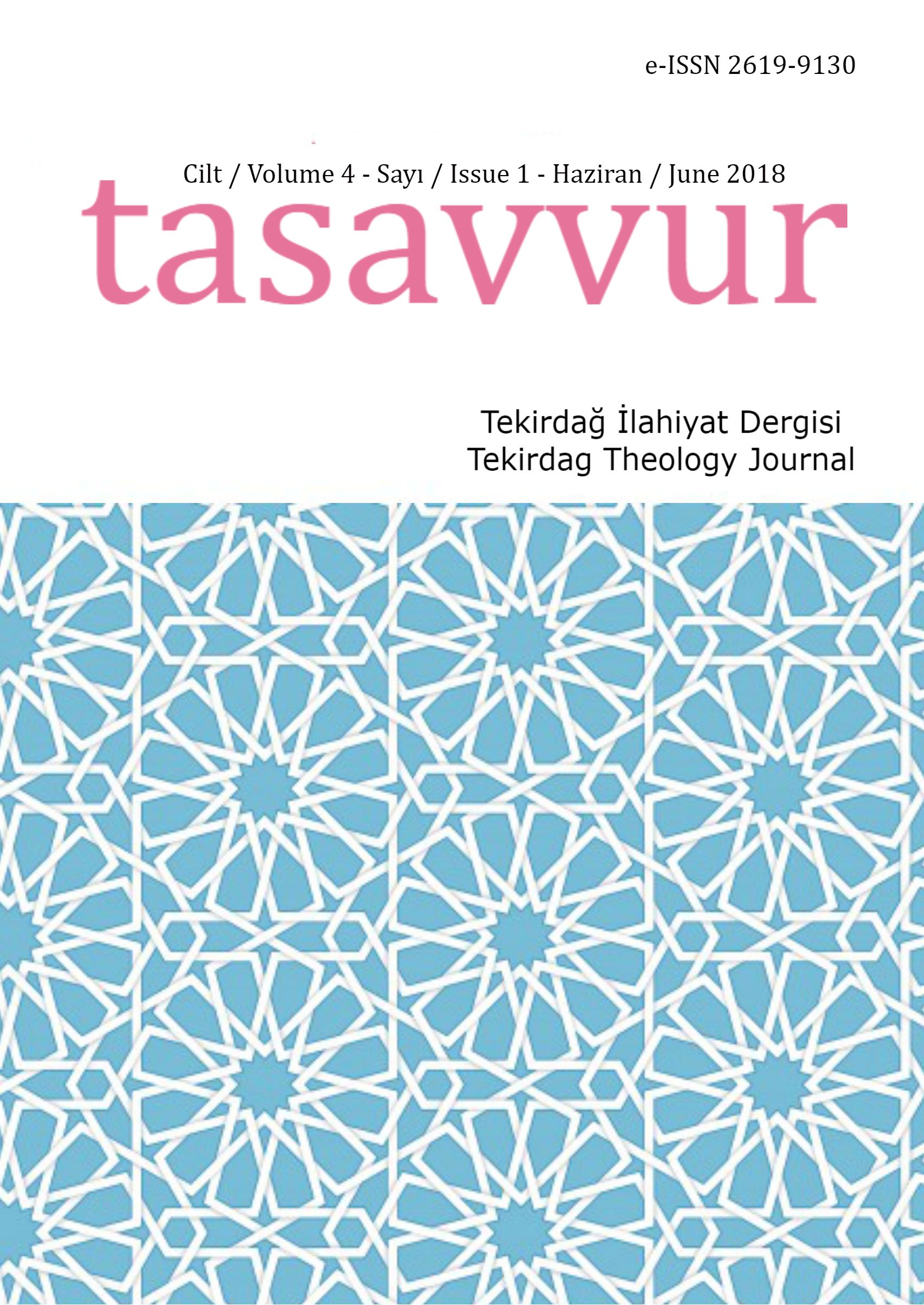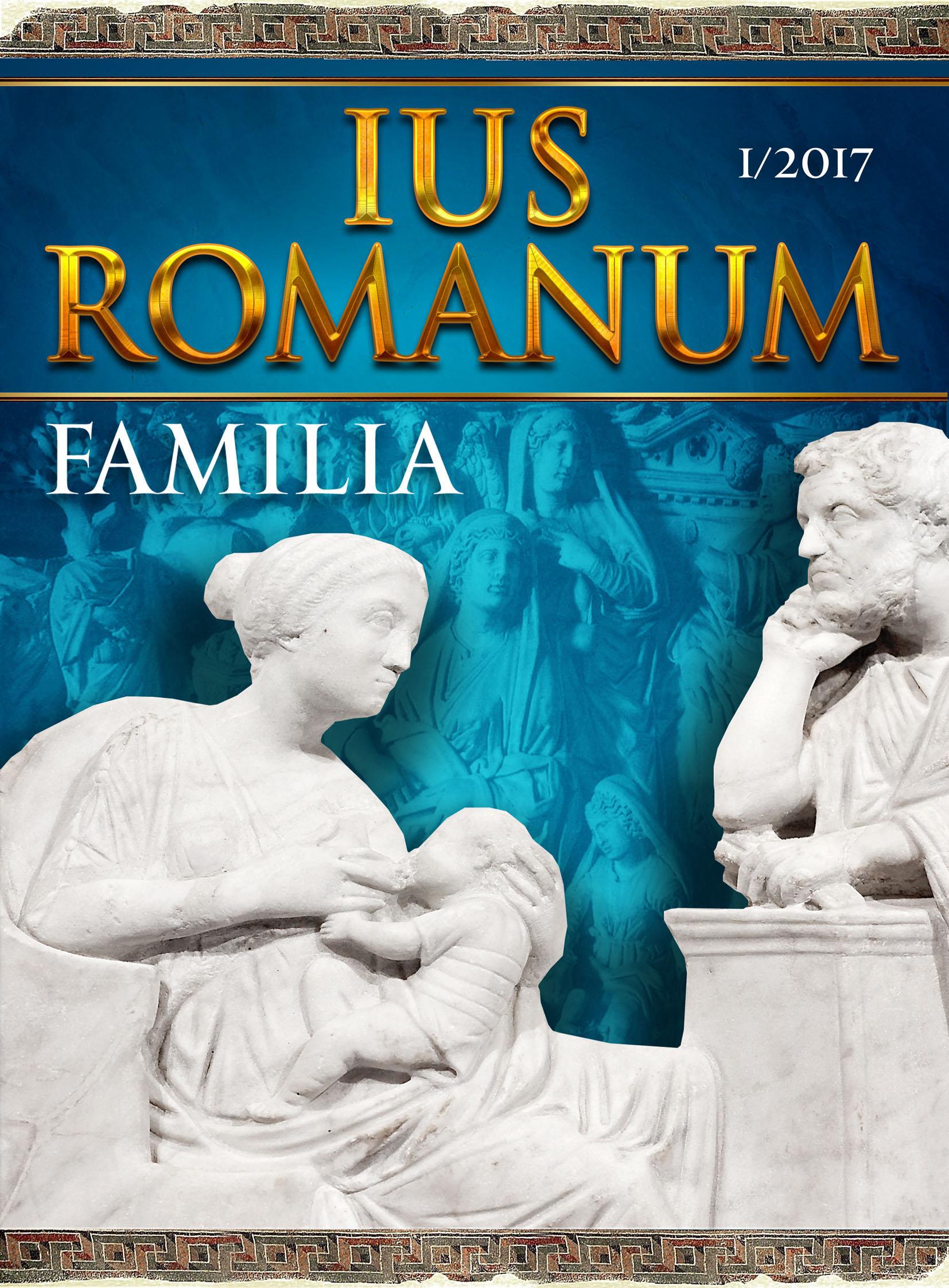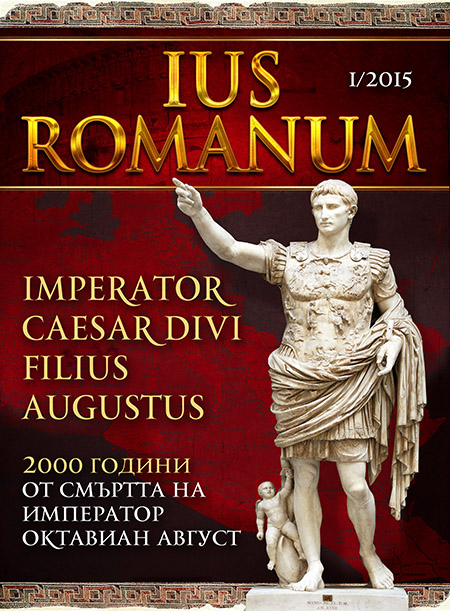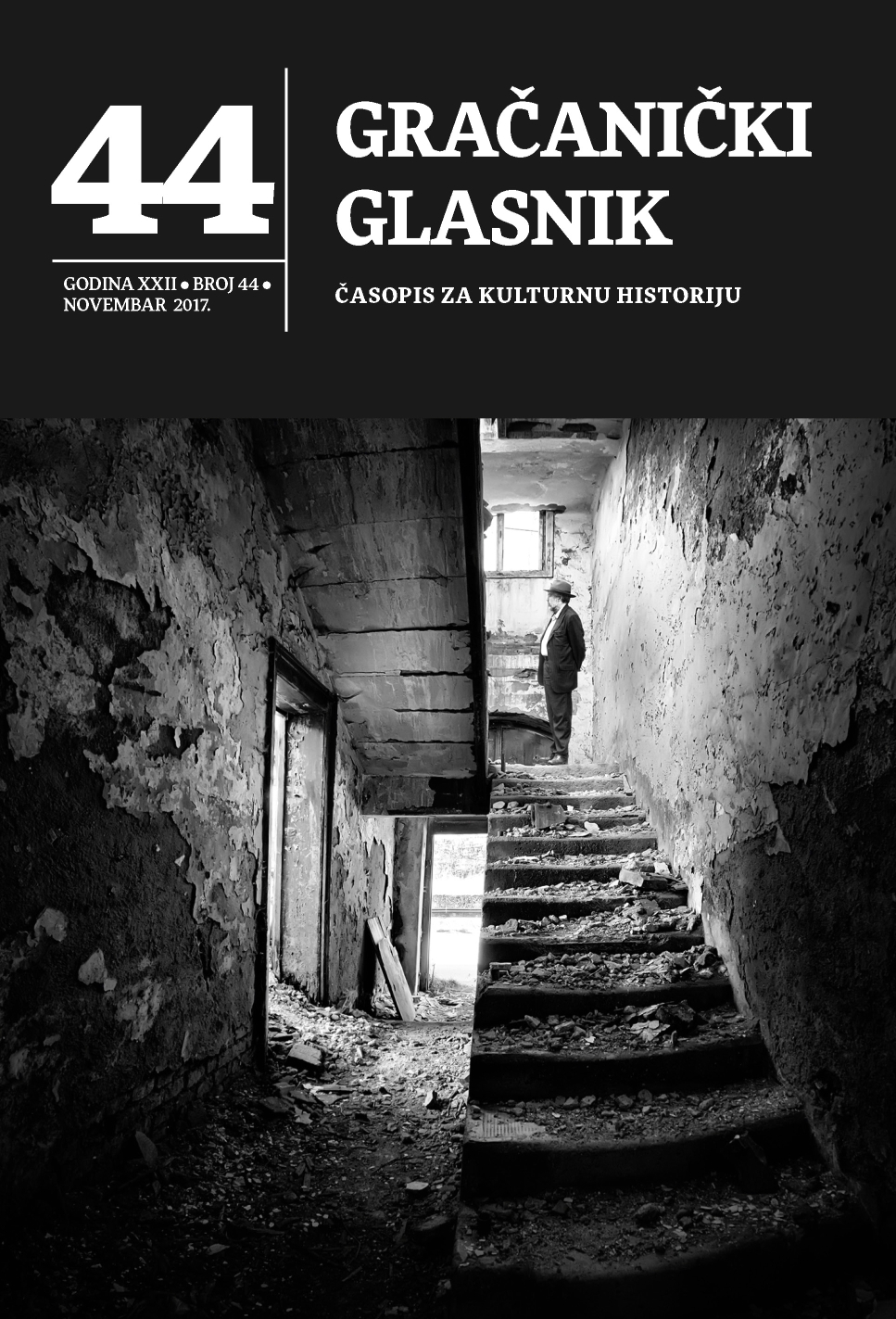
Gračanički kraj sredinom XVIII. stoljeća: podaci iz sidžila tešanjskog kadiluka
The court records of the kadiluk of Tešanj from 1751 to 1789 contain important data that refer to the region of Gračanica. Based on the translation of the court records by late Abdulah Polimac (proofread by Lamija Hadžiosmanović and Salih Trako), kept today in the General Library in Tešanj, we present the data that refer to the region of Gračanica. These are mostly bujuruldije, the official degrees of Bosnian council (the Eyalet of Bosnia), that were sent in the form of a circular to many kadis, including the kadi of Gračanica. From these decrees and circulars, we learn about precious data about general circumstances in northern and north-eastern Bosnia in the mid-18th century
More...

